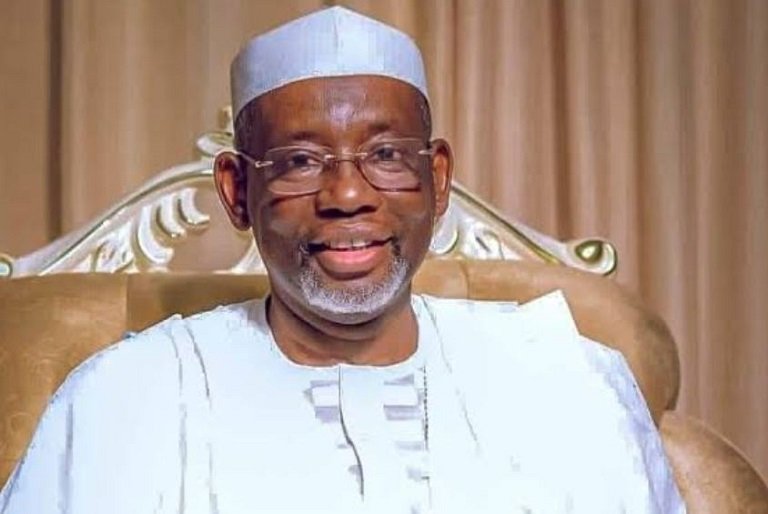Analysis of the 2024 budget proposal has shown that appropriations to the National Assembly, judges, the Independent National Electoral Commission, and five other agencies of government is set to increase by 39.66 percent in 2024 to N1.38tn.
This is as the Federal Government increased statutory transfers from N985.49bn in 2023 to N1.38tn in 2024, according to data from the breakdown and highlights of the 2024 Executive Budget Proposal.
Statutory transfers, which are payments made to government institutions authorised by law to get financing first from the federation account before others, will use 13.45 percent of the government’s total non-debt recurrent spending of N10.26 trillion in 2024.
So far (January to September), the Federal Government has spent N711.36 billion on these transfers, accounting for 15.04 percent of total non-debt recurrent spending.
The breakdown for statutory transfers in 2024 is as follows National Judicial Council (N165bn), Niger-Delta Development Commission (N324.85bn), Universal Basic Education Commission (N251.47bn), National Assembly (N197.93bn), Public Complaints Commission (N13.69bn), Independent National Electoral Commission (N40bn), National Human Rights Commission (N5bn), North-East Development Commission (N126.94bn), Basic Health Care Provision Fund (N125.74bn), and National Agency For Science And Engineering Infrastructure (N125.74bn).
The amount to be spent on these agencies is 3.76 percent more than the amount allocated for health (N1.33tn) and 4.55 percent more than the N1.32tn allocated for infrastructure.
The rise in the cost of servicing these agencies is despite a declining macroeconomic environment punctuated by the pains of citizens and declining government revenues. It also underscores the high costs of governance in the country.
Minister of Budget and Economic Planning, Abubakar Bagudu, while presenting details of the budget to the public noted that the government was bothered about its declining status of the nation’s revenues.
He said, “Revenue generation remains the major fiscal constraint to Nigeria’s fiscal viability. However, the government is reviewing current tax and fiscal policies with a view to improving revenue generation. The target is to increase the ratio of revenue to GDP from less than 10 percent currently to 18 percent within the current term of this administration.”
He emphasised that the budget was developed in the context of ongoing global and home problems, with rising fiscal risks as a result of weaker-than-expected domestic economic performance and structural concerns in the domestic economy.
Meanwhile, the Presidency and the Secretary to the Government of the Federation would get N186.12 billion for salaries and other recurring expenses. The N198.14 allocated for both agencies in 2023 has been reduced by 6.46 percent.
The overall budget for 2024 is N27.5 trillion, with defence and security, education, and infrastructure receiving the lion’s share.
Chronicle NG reported President Bola Tinubu had announced during his budget presentation to a joint session of the National Assembly that the Federal Government will have limited means to fulfil its budget and intended to pursue Public Private Partnership arrangements to finance the majority of its infrastructure projects.











